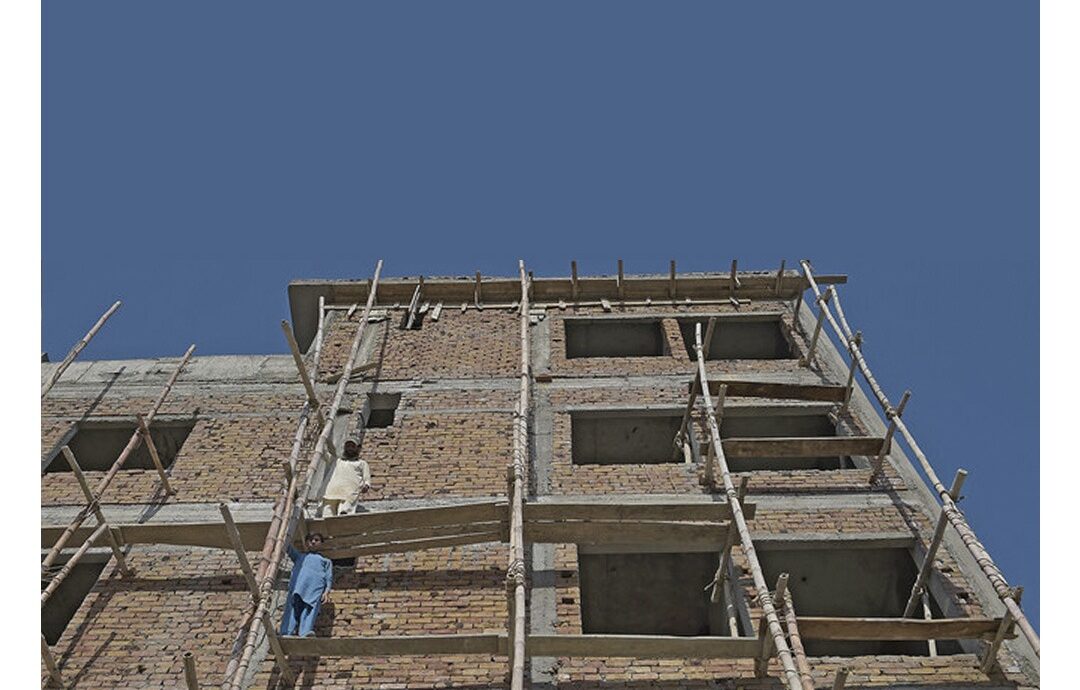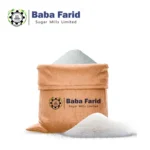The construction ecosystem in Pakistan is a complex and diverse industry that encompasses various stakeholders, including government bodies, construction companies, contractors, architects, engineers, suppliers, and laborers. Here are some key aspects of the construction ecosystem in Pakistan:
- Government Regulations and Policies: The government plays a crucial role in regulating the construction industry through various policies, building codes, and regulatory bodies. The key government body responsible for overseeing the construction sector is the Pakistan Engineering Council (PEC). PEC sets professional standards, grants licenses to engineers, and regulates engineering projects.
- Construction Companies and Contractors: Pakistan has numerous construction companies and contractors that undertake projects of different scales. These companies are involved in residential, commercial, and infrastructure development. Some prominent construction companies in Pakistan include Descon, NESPAK, Habib Construction Services, and FWO (Frontier Works Organization).
- Architects and Engineers: Architects and engineers play a vital role in designing and planning construction projects. They work closely with clients, developers, and contractors to create functional and aesthetically pleasing structures. The Institute of Architects Pakistan (IAP) and Pakistan Engineering Council (PEC) regulate and certify professionals in these fields.
- Suppliers and Material Providers: The construction industry relies heavily on suppliers and material providers for sourcing construction materials, equipment, and machinery. These suppliers include cement manufacturers, steel mills, brick kilns, and various other vendors supplying construction-related products.
- Skilled and Unskilled Labor: The construction industry in Pakistan employs a large number of skilled and unskilled laborers. Skilled workers include masons, carpenters, electricians, plumbers, and welders, while unskilled laborers are involved in tasks such as excavation and transportation.
- Real Estate and Development: The real estate sector is closely linked to the construction industry. Real estate developers undertake residential and commercial projects, including housing societies, shopping malls, and office complexes. This sector experiences significant growth due to urbanization, population growth, and increased demand for housing.
- Infrastructure Development: Pakistan has been investing in infrastructure development, including roads, bridges, dams, airports, and power plants. The government, along with public and private entities, undertakes these large-scale projects to improve transportation, energy, and water infrastructure across the country.
- Construction Materials and Technology: The construction ecosystem in Pakistan relies on both traditional and modern construction materials and techniques. Traditional materials such as bricks, cement, and steel are widely used, while there is also a growing interest in green and sustainable construction practices. The adoption of modern technologies like Building Information Modeling (BIM) and prefabrication is gradually increasing.
- Challenges and Opportunities: The construction ecosystem in Pakistan faces challenges such as inadequate infrastructure, limited access to financing, regulatory issues, corruption, and lack of skilled labor. However, there are also significant opportunities for growth, given the country’s population growth, urbanization, and the need for affordable housing, improved infrastructure, and sustainable development.

































